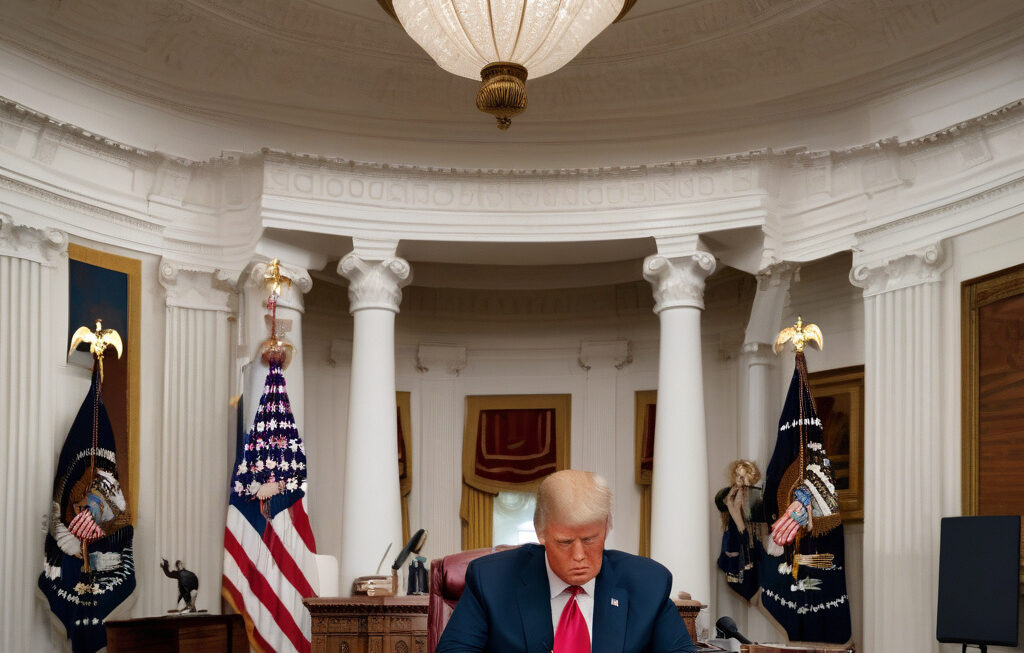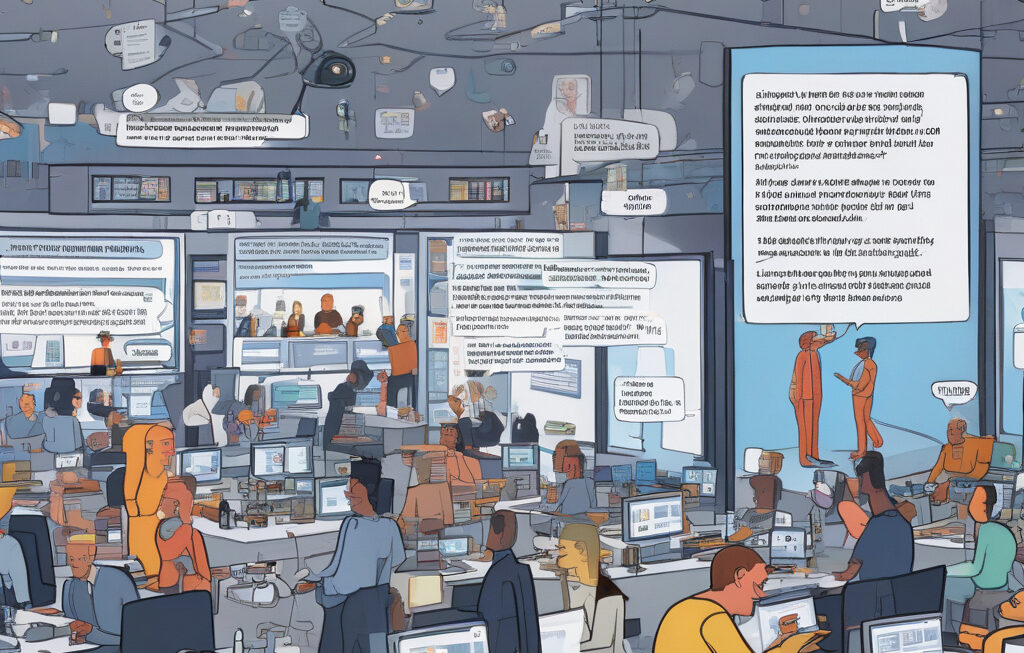The Power of Compromise
In a world where standing one’s ground is often seen as a sign of strength and conviction, the concept of compromise can sometimes be misunderstood or undervalued. However, what if the true power of our society lies not in standing firm, but in knowing when and how to bend?
Compromise is not a sign of weakness, but rather a strategic move that requires courage, empathy, and vision. It is about finding common ground, fostering collaboration, and ultimately achieving mutually beneficial outcomes. In business, politics, relationships, and everyday life, the ability to compromise is often the key to success.
One prime example of the power of compromise can be seen in the world of business negotiations. When two parties come together with conflicting interests, the willingness to compromise can pave the way for innovative solutions that satisfy both sides. By listening to each other’s needs, being open to alternative perspectives, and finding creative ways to meet halfway, businesses can avoid stalemates and instead move forward with productive partnerships.
Take the case of the famous collaboration between tech giants Apple and IBM in the early 2000s. Despite being competitors in the computer industry, both companies recognized the potential for a mutually beneficial partnership. By compromising on certain aspects of their individual strategies and focusing on their shared goals, they were able to combine their expertise and resources to create revolutionary products and services.
In the realm of politics, compromise plays a crucial role in the functioning of democratic societies. In a diverse and complex world, where different ideologies and interests coexist, the ability to find common ground and reach compromises is essential for progress and stability. By engaging in constructive dialogue, negotiating in good faith, and being willing to make concessions for the greater good, political leaders can bridge divides, build consensus, and enact meaningful change.
An inspiring example of successful compromise in politics can be seen in the historic Good Friday Agreement in Northern Ireland. After years of conflict and division, political leaders from various factions came together to negotiate a peace deal that would end decades of violence and pave the way for reconciliation. By making difficult compromises and embracing shared principles, they were able to lay the foundation for a more peaceful and inclusive society.
In personal relationships, the power of compromise is equally significant. Whether with family members, friends, or romantic partners, the ability to empathize, communicate effectively, and find middle ground is essential for maintaining healthy and harmonious connections. By being willing to listen, understand each other’s perspectives, and make concessions when necessary, individuals can strengthen their bonds and resolve conflicts in a constructive manner.
For instance, consider a couple facing a decision about where to live – one partner prefers the hustle and bustle of the city, while the other longs for the tranquility of the countryside. Through open and honest communication, active listening, and a willingness to compromise, they can explore alternative options, such as choosing a suburban area that offers the best of both worlds.
In conclusion, the power of compromise should not be underestimated or undervalued. In a world where conflicts and differences of opinion are inevitable, the ability to find common ground, build bridges, and work towards mutually beneficial solutions is essential for progress, growth, and harmony. By embracing compromise as a strategic tool for collaboration and problem-solving, individuals, businesses, and societies can unlock new opportunities, foster innovation, and create a more inclusive and sustainable future.
negotiation, collaboration, progress, empathy, success












